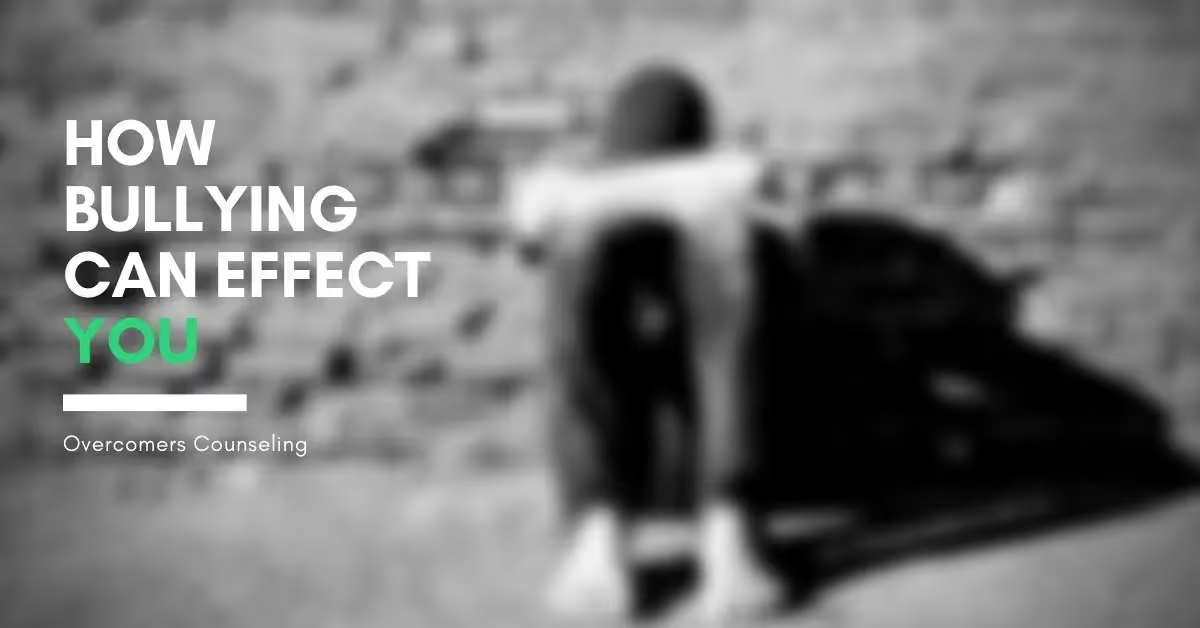Bullying, defined as unwanted, aggressive actions taken to intimidate, threaten, or demean a target, is one of the most harmful experiences a child can...

Bullying, defined as unwanted, aggressive actions taken to intimidate, threaten, or demean a target, is one of the most harmful experiences a child can endure.
A sense of safety and security is crucial to the healthy development of children, and when this feeling of safety is undermined by bullying of any kind, the effects can be disastrous and have long-lasting impacts. Because bullying is unfortunately so common, the level of harm it entails is often not acknowledged.
The effects of bullying, however, have been shown to be far more harmful than previously imagined.
Bullying is often thought of as being primarily physical-- popular culture has given us an image of a wedgie-giving older child as the archetypal bully. In reality, however, bullying comes in many different shapes and forms, and often it is non-physical types of bullying that can be the most damaging, as well as the least recognized. Some common types of bullying include:
As children are still developing their social skills and finding their place in the world, status among peers becomes an issue of significant importance. Many bullies seek to establish status over their victims through bullying.
Bullies are often very insecure, and may, in fact, be victims of bullying themselves, whether from other children, older siblings, or even their parents.
Bullies seek to cope with these negative feelings and re-establish a sense of control over their lives by putting down others in order to make themselves feel better.
Bullies often choose arbitrary criteria when selecting a victim: they may decide to bully a child simply because of the way they look, or because that child is smaller than they are.
Children who struggle with developmental disorders are often at a greater risk of becoming victims of bullying, as their behavior may make them targets for potential bullies. It is important to remember that victims of bullying are often chosen arbitrarily and that bullying is never the fault of the child being victimized.
Bullying has a host of negative effects, both short-term and long-term. Some of these effects include:
In the long-term, bullying may put children at risk for serious mental health conditions, such as anxiety, depression, and eating disorders.
Occasionally, self-harming or suicidal behavior has been known to occur in victims of bullying, particularly in older children and teenagers.
The effects of bullying can even last well into adulthood, with victims of bullying reporting greater difficulties meeting the demands of everyday life.
Bullying of any kind is a serious issue that must always be taken seriously. Children who are bullied are never at fault for their bullying, and it is the responsibility of the adults who care for the children to address issues of bullying in school and at home in order to create a safe and welcoming environment for everybody.
The duration of anxiety counseling varies for each individual, depending on the severity of their anxiety and their progress in therapy. Our therapists will regularly assess your progress and adjust your treatment plan as needed.
To reduce your anxiety, you can practice relaxation techniques such as deep breathing, progressive muscle relaxation, guided imagery, and mindfulness practices. Additionally, regular exercise has been found to be beneficial in managing stress and improving mental health.
Addressing anxiety is crucial because it can significantly impact your quality of life and overall well-being. Left untreated, anxiety can lead to more severe mental health issues, relationship problems, and difficulty functioning in daily life.
Other activities which have been found helpful in reducing both immediate feelings of anxiousness and long-term anxieties associated with chronic disorders include yoga, journaling, nature walks, art therapy, volunteering, and other low-stress activities. Additionally, developing a healthy lifestyle incorporating adequate sleep, physical activity, and nutritious meals can help reduce overall stress levels.
It's important that you feel comfortable discussing personal matters with your therapist in order to open up and get more out of therapy sessions; therefore finding someone who meets certain criteria like experience level, expertise areas, and personality is key when selecting a therapist who can give meaningful feedback about how best handle issues related to anxiety or other mental health concerns.
Yes, Medicaid provides insurance coverage for therapy services specifically designed to help individuals struggling with anxiety, depression, and other mental health conditions.